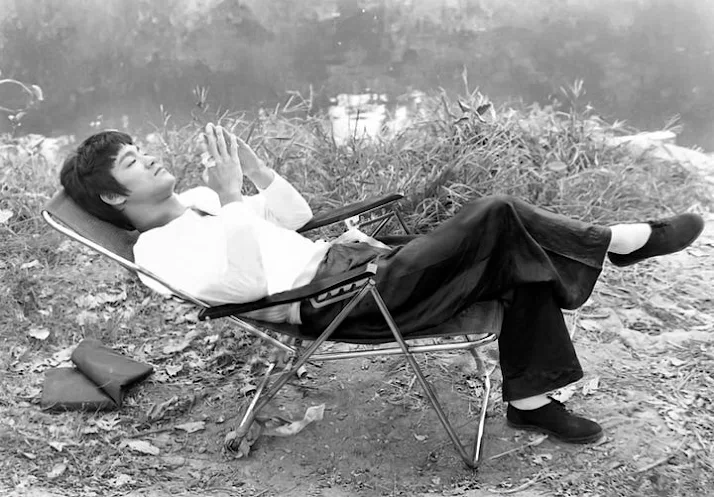“I decided to break the trend of accumulating stuff sooner rather than later. I moved to smaller homes ahead of my need. I downsized before I was forced to do so. I sorted and dispersed my things while I had the energy and the ability to either donate or sell my stuff.”
― Lisa J. Shultz
It is always a good idea to question standard consumption habits if you have goals like saving money, toiling less, or retiring early.
It is the standard consumption habits in consumer economies that keep us working jobs we don't like to buy things we don't need.
That usually means a lifetime of needless effort, and even if you win the prize, the results are rarely satisfying.
No one on their death bed wishes they worked more, or bought more crap.
For my entire life it has taken more work every year to maintain a standard consumer life.
This is because the 1% increased their take of the spoils of increased worker productivity, while the people doing the work get less.
A couple of standard consumer items highlight this situation. This shows when I first entered the workforce, compared to more recently.
Average new vehicle in 1981: $8,910.
In 2022: $48,000 (5.39 times what it cost in 1981).
Median single-family home in 1981: $62,000.
In 2022: $390,000 (6.3 times what it cost in 1981).
Median weekly wage in 1981: $300.00.
In 2022: $1,048 (3.49 times what it was in 1981).
Most workers have been falling behind as everything inflates wildly except wages.
The way Linda and I retired early to a simple life was by questioning every standard consumption habit.
Over the years we decided we didn't need or want: a car, TV, home stereo, BBQ, meat heavy diet, restaurant and fast foods, movies, concerts, international travel, regular holidays, kitchen gadgets, big house, domestic travel, shopping for entertainment, and most everything else that poses for "having a life" in consumer economies.
It was liberating. We found it to be more fulfilling to give up the consumer life all together and release the futile struggle to "have it all".
After that we realized we didn't need to work full time jobs that were stressful or that we didn't enjoy.
Part time and contract jobs that were interesting and more fun paid the bills until we retired completely.
Linda worked a relief position in a library for many years, something she always wanted to do.
After teaching I went back to gardening, and also did a stint in environmental education working as a river rafting team leader.
I also tried working as a chauffeur for a while, driving some of the biggest, dumbest cars to ever grace the planet. That was fun for a short time, and allowed me to meet some really nice (and generous) people.
We can still choose to live differently.
Standard consumption habits have not been mandated. Yet. And simple living blogs like this one have not yet been labeled as "misinformation".
When we start to question the standard consumption habits that most take for granted as "just the way things are", we can see that they are empty, hollow promises that do not provide a lasting benefit.
It is still possible to start building a resilient, sustainable life with less wage slavery and crap collection, and with more time to enjoy each other and simply being alive.














